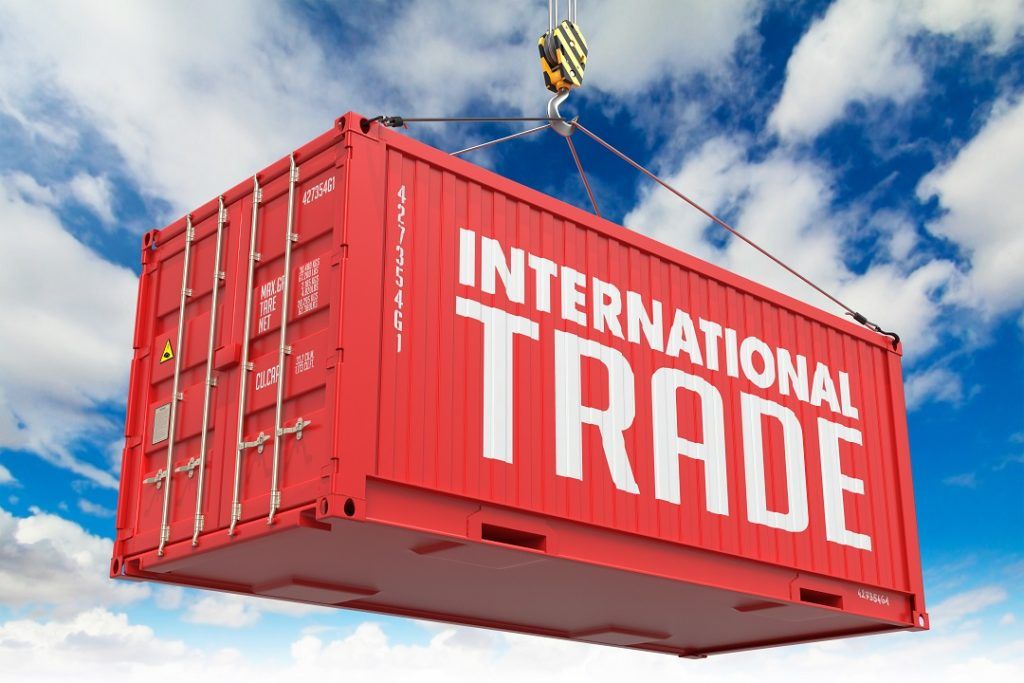In South Africa, trade testing is the official recognition of a person’s skills and knowledge in a particular trade. It is a comprehensive process that involves practical assessment, theory evaluation, and moderated discussions. Acquiring trade certification in South Africa opens doors to improved job opportunities, higher earning potential, and professional recognition within the industry.

Image: www.myggsa.co.za
Earning a trade certificate is a commendable step toward securing a successful career in the skilled trades sector. However, it’s not a straightforward process and involves several steps and considerations. This comprehensive guide will provide you with a detailed overview of the trade testing process in South Africa, from initial preparation to the final certification.
Understanding the Trade Testing Process
The trade testing process in South Africa is governed by the Quality Council for Trades and Occupations (QCTO). The QCTO sets the standards and criteria for trade testing and ensures that the process is fair, reliable, and transparent.
To obtain a trade certificate, individuals must demonstrate their competency in a specific trade through a series of assessments. These assessments may include practical skills tests, written exams, and oral interviews. The assessments are designed to evaluate an individual’s knowledge, skills, and practical abilities in the chosen trade.
Eligibility Criteria for Trade Testing
To be eligible for trade testing in South Africa, individuals must meet the following criteria:
- Be at least 16 years of age.
- Have successfully completed a recognized apprenticeship or skills program in the chosen trade.
- Be employed in the trade for at least two years.
- Have a good understanding of the relevant trade theory and practical skills.
Preparing for Trade Testing
Preparing for trade testing involves a combination of practical experience, theoretical knowledge, and effective study habits. Here are some tips to help you prepare effectively:
- Gain Practical Experience: Work under the supervision of an experienced tradesperson to develop your skills and knowledge in the chosen trade.
- Study the Trade Theory: Familiarize yourself with the theoretical aspects of the trade by studying textbooks, attending workshops, or taking online courses.
- Practice Practical Skills: Regularly practice the practical skills required for the trade. This will help you develop muscle memory and improve your efficiency.
- Seek Guidance from Experts: Consult with experienced tradespeople, trainers, or assessors to gain insights and guidance on the trade testing process.

Image: blog.stmarket.com.kh
The Trade Testing Procedure
The trade testing procedure typically involves the following steps:
- Application: Submit an application to the relevant trade testing center.
- Assessment: Undergo a series of assessments, including practical skills tests, written exams, and oral interviews.
- Moderation: The assessment results are moderated by a panel of experts to ensure fairness and consistency.
- Certification: Upon successful completion of the trade test, individuals receive a trade certificate, recognizing their skills and knowledge in the chosen trade.
FAQs on Trade Testing in South Africa
Q: What are the benefits of trade testing?
A: Trade testing offers several benefits, including improved job opportunities, higher earning potential, professional recognition, and enhanced credibility within the skilled trades sector.
Q: How long does it take to get trade tested?
A: The duration of the trade testing process can vary depending on the specific trade and the individual’s preparation. However, the process typically takes several months to complete.
Q: What is the cost of trade testing?
A: The cost of trade testing varies depending on the trade testing center and the specific trade being tested. Contact the relevant trade testing center for accurate cost information.
How To Get Trade Tested In South Africa
Conclusion
Getting trade tested in South Africa is a significant step towards securing a rewarding career in the skilled trades sector. By adhering to the eligibility criteria, preparing effectively, and following the trade testing procedure, individuals can increase their chances of obtaining trade certification and reaping the benefits that come with it.
If you’re seeking a fulfilling career in a skilled trade, we encourage you to explore the trade testing process. Remember, the path to success in the skilled trades sector is paved with dedication, hard work, and a commitment to lifelong learning.






